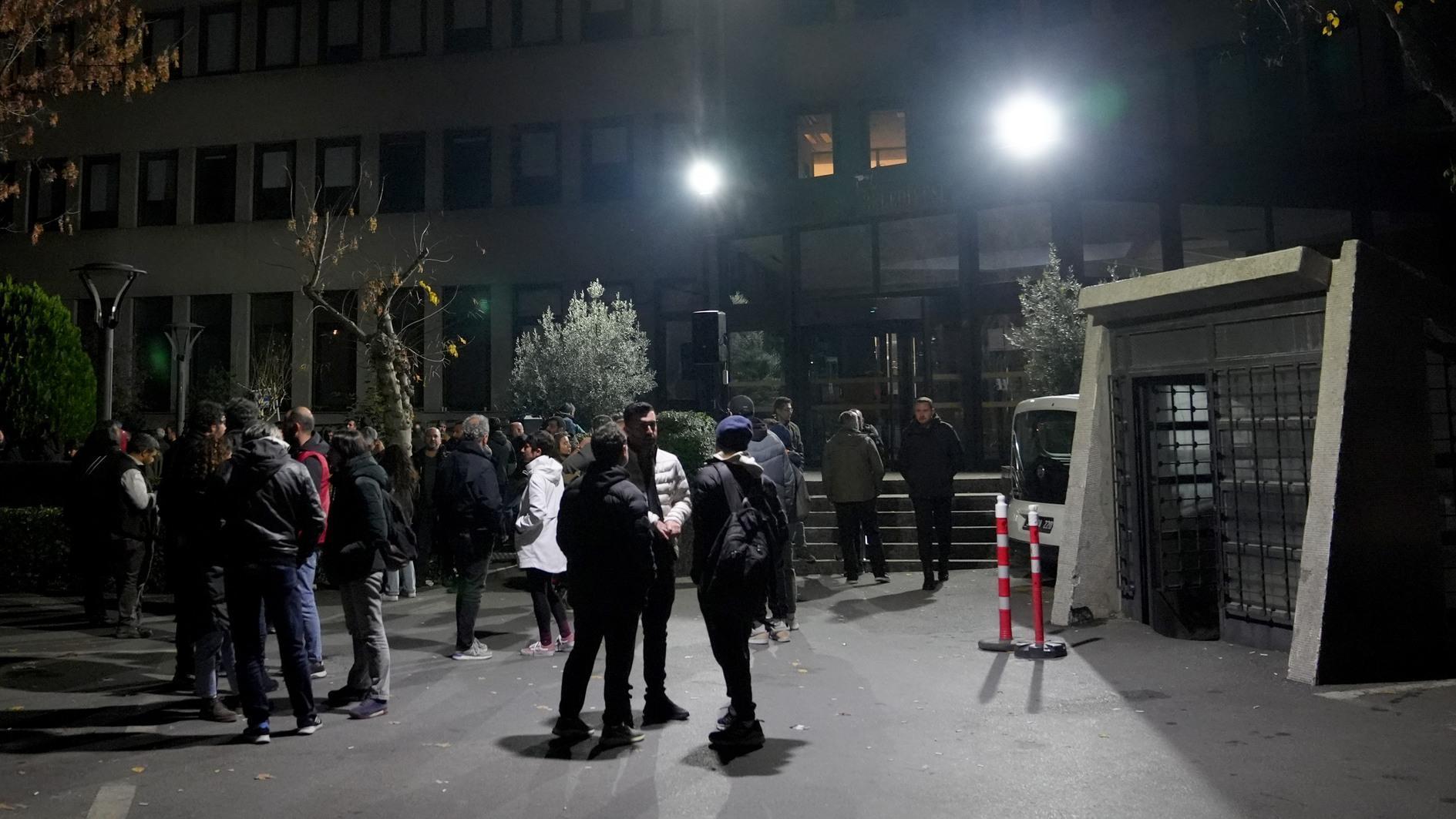'The Time Regulation Institute' by Ahmet Hamdi Tanpınar
William Armstrong - william.armstrong@hdn.com.tr
 ‘The Time Regulation Institute’ by Ahmet Hamdi Tanpınar, translated by Maureen Freely and Alexander Dawe (Penguin Classics, 2013, $18, 432 pages)
‘The Time Regulation Institute’ by Ahmet Hamdi Tanpınar, translated by Maureen Freely and Alexander Dawe (Penguin Classics, 2013, $18, 432 pages)In 1926, Atatürk passed the “Gregorian Calendar Act,” formally adopting Western time for the three-year-old Turkish Republic. Sweeping aside a whole way of thinking about history, it was one of those symbolic reforms that marked the young republic’s uncompromising break with its Ottoman past. Most fiction writers responded to the officially enforced amnesia with a kind of universal social realism in the new national spirit, but others were more ambivalent. The novelist Ahmet Hamdi Tanpınar was in the latter camp, obsessed with a past that was officially off-limits, and until recently he has been largely neglected by English readers.
It therefore came as welcome news that a fresh English translation of Tanpınar’s 1962 satirical novel “The Time Regulation Institute” was in the pipeline. The most recent of his books to appear in English was the excruciatingly translated “A Mind at Peace” (Huzur); a brooding, cerebral work, republished in 2008, shortly after Orhan Pamuk had declared it Istanbul’s “greatest 20th century novel.” “The Time Regulation Institute” has a considerably different tone. While Tanpınar's earlier work is characterized by a portentous gloom rendered in dense prose, this later novel is full of pitch-black humor and witty, cynical symbolism, captured well here by translators Maureen Freely and Alexander Dawe.
It may be more playful, but its preoccupations are firmly in Tanpınar’s home territory. Its 400 pages are narrated by Hayri Irdal, a kind of 20th century Turkish version of Russian literature’s “superfluous man,” seemingly out of synch with the world, condemned to be acted upon rather than active. The institute itself is a heavily allegorical creation, a bureaucratic monstrosity charged with the task of synchronize all the clocks of Turkey, as part of the country’s heroic modernization drive. As Hayri’s benefactor Halit Ayarcı suggests at one point, the modern age is “first and foremost the age of bureaucracy,” and the Time Regulation Institute is an exemplary mechanism that defines its own function. It doesn’t, however, appear until after the midway point of the novel, when Hayri becomes its assistant head manager. What precedes its introduction is a digressive cavalcade of absurd events, in which he is sent from pillar to post, floundering in situations not of his own making.
“The Time Regulation Institute” is being published as a Penguin Classic, but the reader’s response will probably depend on their knowledge of the particular social circumstances that prompted it. Its seemingly random digressions may test the patience of some, but they are actually crucial; while Tanpinar was fixated on Turkey’s rupture with its history, he was no simple-minded nostalgist. Rather, he longed for a more holistic synthesis of past and present, without which he believed society would be cast adrift, doomed by traumas it was barely even conscious of. Without it, life might be like Hayri’s - confused, out of time, with only a precarious grasp on reality.
Fifty years after the book was first published, the Ottoman past is no longer off limits in Turkey; on the contrary, it is being whitewashed and people are encouraged to consider it uncritically. As such, Tanpınar’s wish to look at the past as a complete and unvarnished whole now has a different kind of resonance.
Notable recent release

(I.B. Tauris, £59, 320 pages)










